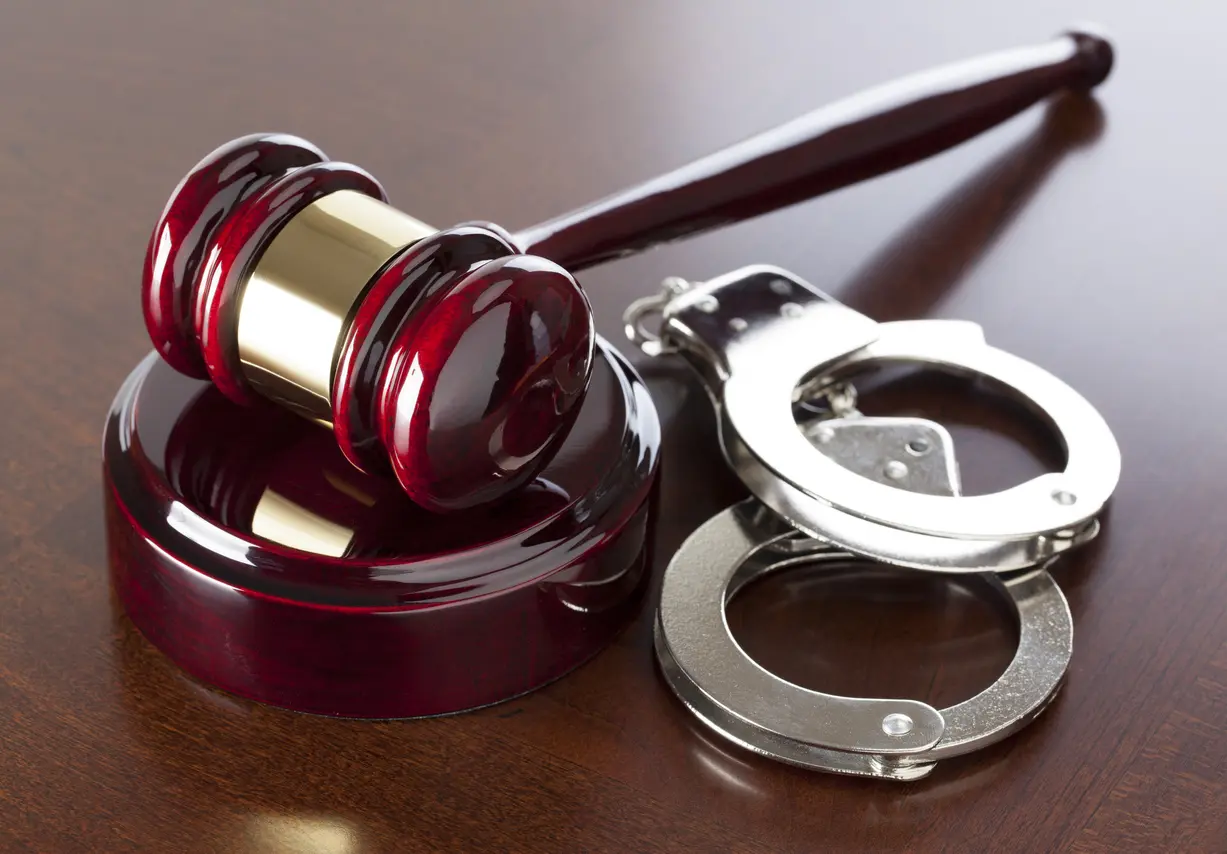In the intricate web of the legal system, the defense attorney emerges not just as a legal practitioner but as a guardian of one of the most fundamental principles of justice: the presumption of innocence. It is a duty that transcends mere representation; it is a sacred trust bestowed upon them by the very fabric of democracy. The presumption of innocence is not just a legal technicality; it is the cornerstone of a fair and just society. It demands that every accused person be treated as innocent until proven guilty beyond a reasonable doubt. In the courtroom, the defense attorney becomes the embodiment of this principle, tirelessly advocating for their client’s rights, ensuring that they are not judged prematurely or unfairly. They stand as a bulwark against the encroachment of prejudice, bias, and the specter of wrongful conviction. Yet, the defense attorney’s duty extends beyond the confines of the courtroom. It permeates every aspect of their professional and ethical conduct. They delve deep into the complexities of the case, scrutinizing evidence, dissecting testimonies, and challenging the prosecution’s narrative with unwavering determination.

Their allegiance lies not with the popular opinion or the path of least resistance but with the pursuit of truth and justice. The defense attorney’s role is not just to secure acquittals but to ensure due process, to safeguard the rights of the accused, and to hold the prosecution accountable and view this site https://aaronholtlaw.com/jersey-village/. They stand as a shield against the awesome power of the state, ensuring that it is wielded responsibly and justly. In doing so, they uphold the very essence of democracy, where the rule of law reigns supreme, and no one, regardless of their station or circumstance, is above it. Moreover, the defense attorney shoulders the weight of moral and ethical dilemmas that often accompany their profession. They must navigate the murky waters of moral ambiguity, grappling with the paradox of defending those accused of heinous crimes while upholding their own moral compass. It is a delicate balancing act that requires not just legal acumen but also a profound sense of integrity and empathy.
In the pursuit of justice, the defense attorney confronts formidable adversaries, both inside and outside the courtroom. They face relentless pressure, scrutiny, and sometimes even vilification. Yet, they stand firm in their convictions, guided by the belief that every accused person deserves a fair trial, regardless of the nature of the allegations against them. It is a testament to their unwavering commitment to the principles of justice and the rule of law. Ultimately, the defense attorney’s sacred duty lies not just in the outcome of individual cases but in the preservation of the very foundation of our legal system. They are the guardians of liberty, the custodians of justice, and the champions of the presumption of innocence. In their hands rests the fate of not just their clients but the integrity of the legal process itself. And in fulfilling this duty, they reaffirm the enduring promise of a society governed by the rule of law and the principles of fairness and equity for all.